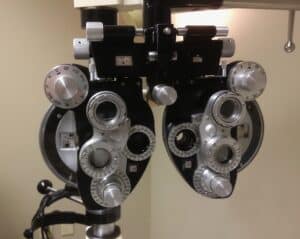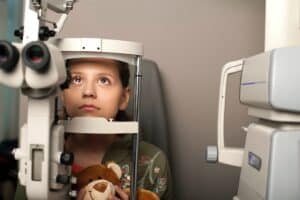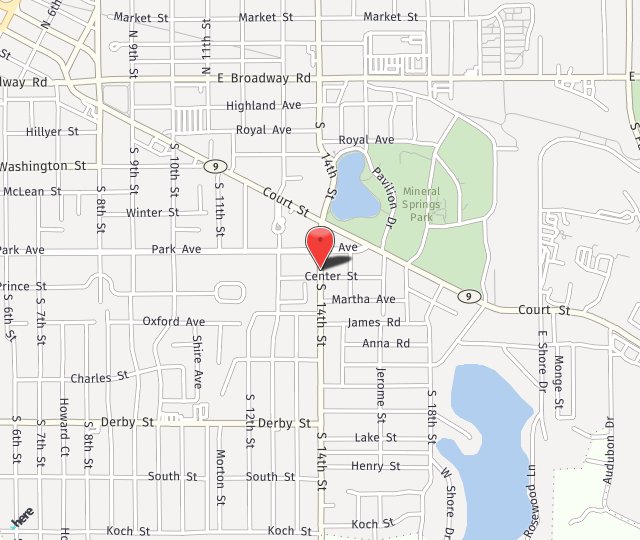Maintaining healthy eyesight is crucial for our overall well-being, and regular eye exams play a pivotal role in achieving this goal. Many individuals underestimate the significance of routine eye check-ups, unaware of the numerous benefits they offer. In this blog post, we will delve into the reasons why regular eye exams are essential, how frequently they should be scheduled, and the potential consequences of neglecting our eye health.
Detecting Vision Problems and Refractive Errors
One of the primary reasons for scheduling regular eye exams is to identify vision problems and refractive errors such as myopia (nearsightedness), hyperopia (farsightedness), and astigmatism. These conditions can develop gradually and may go unnoticed without proper evaluation. Routine eye exams enable optometrists to assess visual acuity and prescribe corrective measures such as glasses or contact lenses to enhance clarity and comfort. By addressing refractive errors promptly, individuals can enjoy improved vision and minimize potential complications in daily activities.
Early Detection of Eye Diseases
Eye diseases often progress silently, leading to irreversible damage if left untreated. Regular eye exams provide an opportunity to detect these conditions in their early stages when treatment options are more effective. Common eye diseases include glaucoma, macular degeneration, cataracts, and diabetic retinopathy. These exams allow eye care professionals to evaluate the health of the eyes, check for signs of disease, and initiate timely interventions. Early detection significantly improves the chances of preserving vision and managing the progression of these conditions.
Monitoring Eye Health and Overall Well-being
Eye exams encompass more than just assessing vision and detecting diseases. They also serve as a comprehensive evaluation of overall eye health. During an eye exam, optometrists examine the structures of the eyes, including the retina, optic nerve, and blood vessels. This evaluation can unveil potential issues such as high blood pressure, diabetes, or other systemic conditions that may have ocular manifestations. By identifying these health concerns early on, individuals can seek appropriate medical attention and prevent further complications.
Age and Risk Factors
The frequency of eye exams depends on various factors, including age and individual risk factors.
- Children: It is recommended that children have their first comprehensive eye exam at around six months of age. Additional exams should be conducted at ages 3, 5, and annually thereafter. Regular eye exams during childhood are crucial for detecting and addressing any vision problems that may affect learning and development.
- Adults (18-60 years): For adults without specific risk factors or existing eye conditions, it is generally recommended to have a comprehensive eye exam every two years. This frequency allows for monitoring of general eye health and detecting any changes in vision or the onset of eye diseases.
- Adults (over 60 years): As we age, the risk of developing age-related eye conditions such as cataracts, glaucoma, and macular degeneration increases. Therefore, individuals over the age of 60 should consider having annual eye exams. Regular monitoring and early detection of these conditions can help preserve vision and ensure timely intervention.
- High-risk individuals: Certain individuals have a higher risk of developing eye conditions or have specific health conditions that can affect their eye health. If you have a family history of eye disease, diabetes, high blood pressure, or previous eye injuries, it is recommended to have more frequent eye exams. Your eye care professional can assess your individual risk factors and recommend an appropriate exam schedule.
 It’s important to note that these are general recommendations, and individual circumstances may vary. Your eye care professional is the best person to determine the ideal frequency of eye exams based on your specific needs. They can consider your medical history, any existing eye conditions, and provide personalized recommendations for maintaining optimal eye health.
It’s important to note that these are general recommendations, and individual circumstances may vary. Your eye care professional is the best person to determine the ideal frequency of eye exams based on your specific needs. They can consider your medical history, any existing eye conditions, and provide personalized recommendations for maintaining optimal eye health.
Regular eye exams are essential for maintaining optimal vision and eye health. They allow for the early detection of vision problems, refractive errors, and eye diseases, which are crucial for timely intervention and effective management. By monitoring eye health and identifying underlying health conditions, eye exams contribute to overall well-being. Remember to consult with your eye care professional to determine the appropriate frequency of exams based on your age, risk factors, and individual needs.
Prioritize your eye health and schedule those routine eye exams to ensure a lifetime of clear vision and healthy eyes.
For exceptional eye care services and personalized contact lens fittings, consider Bond Eye Associates, with conveniently located offices in Peoria and Pekin.



